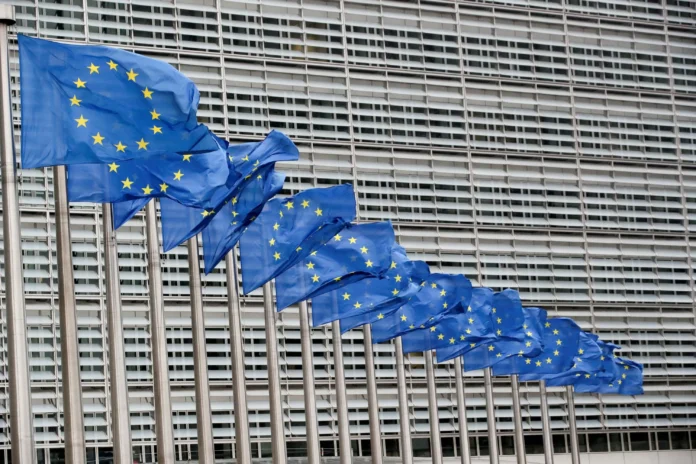European Union leaders have taken a major step towards expanding the bloc by agreeing to open talks with Bosnia-Herzegovina on its potential membership. The decision was made on Thursday at a summit in Brussels, where leaders of the 27 EU member states gathered to discuss various issues, including the enlargement of the union.
This decision marks a significant milestone for Bosnia-Herzegovina, a country that has been working towards EU membership for over a decade. The country’s leaders have welcomed the news with enthusiasm, seeing it as a recognition of the progress they have made in implementing necessary reforms and meeting the EU’s criteria for membership.
The European Council President Charles Michel praised Bosnia-Herzegovina’s efforts and stated that the country has made “significant progress” in recent years. He also emphasized that the EU’s goal is to see Bosnia-Herzegovina become a “stable, prosperous, and democratic country” that is fully integrated into the European family.
The decision to open talks with Bosnia-Herzegovina was not taken lightly. The EU has set strict conditions that the country must meet before negotiations can begin in earnest. These include strengthening the rule of law, fighting corruption, and improving the functioning of the public administration. The EU has also called for further efforts to address issues related to human rights, fundamental freedoms, and the rights of minorities.
The European Commission, the executive arm of the EU, will now prepare a questionnaire for Bosnia-Herzegovina to assess its readiness for membership. This questionnaire, also known as the accession questionnaire, will cover all areas of EU law and policies and will serve as a roadmap for the country to follow in its path towards membership.
The EU leaders have also made it clear that the negotiations will only begin once Bosnia-Herzegovina has passed a crucial constitutional reform. This reform is necessary to address the country’s complex political system, which has been a major obstacle in its EU integration process. It is expected that this reform will lead to a more efficient and functional government, which is essential for any country to become an EU member.
The European Union’s decision to open talks with Bosnia-Herzegovina is a testament to the country’s determination and commitment to European values and standards. It also reflects the EU’s continued support for the Western Balkans region’s European perspective. The EU has always been a strong advocate for stability and progress in the Balkans, and this decision is a clear demonstration of that.
For Bosnia-Herzegovina, the prospect of EU membership brings numerous benefits. It will open up new opportunities for economic growth and development, as well as access to the EU’s single market and funding for various projects. It will also provide a sense of security and stability, which is crucial for a country that has gone through a devastating war in the 1990s.
Moreover, EU membership will also mean closer cooperation with its neighboring countries, many of which are already EU members. This will help foster regional stability and cooperation, which is vital for the overall progress of the Western Balkans.
The EU’s decision to open talks with Bosnia-Herzegovina is a positive development for the country and the entire region. It is a clear signal that the EU is committed to the enlargement process and that it recognizes the efforts and progress made by Bosnia-Herzegovina. This decision also sends a message of hope and encouragement to other countries in the Western Balkans, showing that the EU’s doors are open to those willing to undertake the necessary reforms and embrace European values.
In conclusion, the EU’s decision to open talks with Bosnia-Herzegovina on its potential membership is a significant step towards the country’s European integration. It is a recognition of the country’s progress and a testament to its determination to become a fully-fledged member of the European family. With this decision, the EU has once again reaffirmed its commitment to the Western Balkans and its vision of a united and prosperous Europe.


